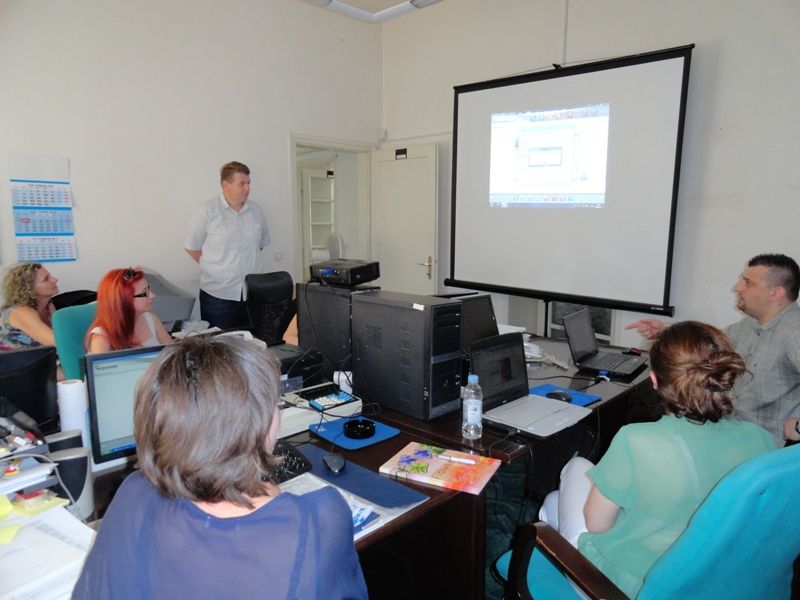To promote the use of DevInfo software to government institutions and other users in BiH, two trainings for the staff of this Institute were held in the Federal Institute for Development Programming to educate the staff for the software application, to collect, store, analyze and present statistical indicators.
DevInfo software was launched by UNICEF in the 1990s as ChildInfo, focused on developing of a database management system to track the position of women and children in the world. Due to its adaptability, the system was soon used to track other development indicators and was adopted by a large number of countries.
DevInfo is a table tool designed to help creation, maintainance, and exchange of data at national and international levels used by state administration, the UN agencies and their partners, applying international statistical standards. It enables creation and use of cross-sectoral data bases, at the same time it presents and keeps the data.
DevInfo database created by the statistical institutes in BiH (BHAS, FZS and RZS) presents demographic, foreign trade, social protection and education sectors. They are organized in accordance to time period, geographic areas and sources of data. The contents of the database can be found in English, Bosnian, Croatian and Serbian (Cyrillic).
Training was organized by UNRCO (Office of the United Nations Resident Coordinator in BiH), in cooperation with the Federal Bureau of Statistics. The trainer was Erduan Avdić, DevInfo consultant in FBiH.
Mr Avdić showed how to do:
- Creation of a user package report,
- Data entry, creation and operation.
The Federal Institute for Development Programming is committed to take part in creation of DevInfo database for monitoring of the social development indicators for the Federation of Bosnia and Herzegovina, providing data monitored and collected through the monitoring of the BiH Development Strategy and Social Inclusion Strategy implementation.
The implementation of the DevInfo database will improve Government’s information on the trends and differences of key economic social indicators, and contribute to the establishment of universal standards for data retention, data access, dissemination of indicators of social and economic development, this will support the decision makers in further policy improvements.

